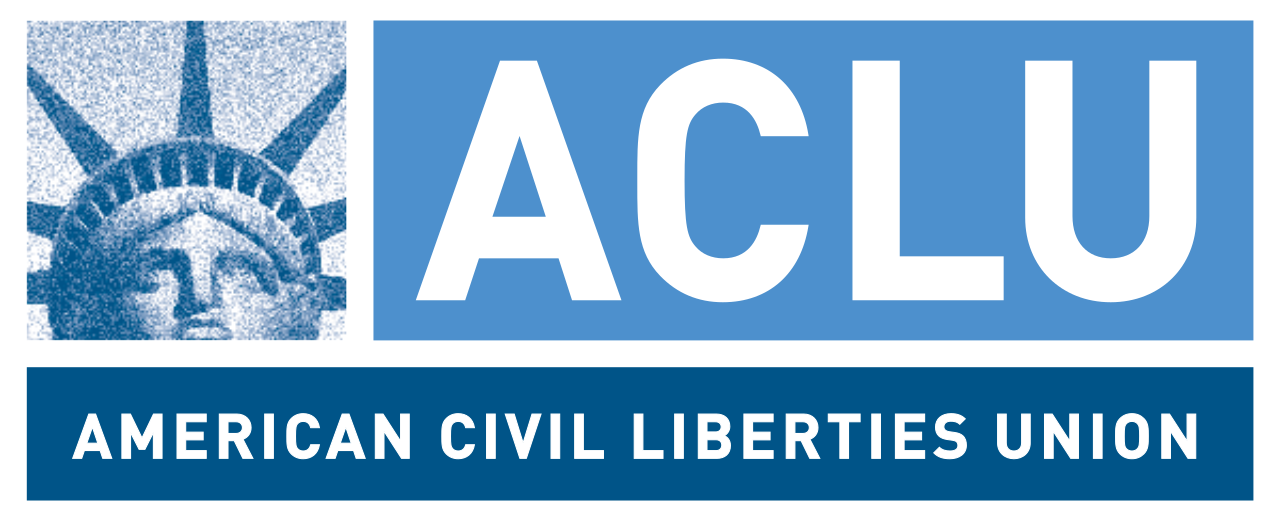Barbarians at the Gates
Are “Strategic Defaulters” Barbarians at the Gates of Rome?
Are people who are “strategically” defaulting on their home mortgages akin to barbarians looting Rome? Does the fact that more people are defaulting result in a weakening of the rule of law in our society? Justice Litle writes convincingly that the rise of strategic defaults means our country is on the road to ruin. But I would argue that it is not the strategic defaulters who are greasing our descent into hell. They’re just minor bit players in an overall drama.
This Happened because of Accounting Regulations
The changes to the accounting regulations governing how banks and other financial institutions report the value of their speculative holdings have done the real damage to our economy. Strategic defaults are merely an inevitable consequence of that change. Specifically, before March of 2009, banks were required to mark their investments to market. “Marking to market” means that a company holding assets must periodically reassign values to its assets for book-keeping purposes.
An example of that would be a stock market account. Every night-and actually at all times during the day-you can look at your stock market account and get an up to the minute idea of the value of the stocks you hold. That is easy for stocks, which are priced by the market on a continual basis, but much harder for more complicated assets. Marking to the market means that the company must attempt to determine the current market value of its assets at certain intervals. And in the case of the banks, the values of these assets can determine whether the bank is insolvent or running afoul of reserve requirements.
When mortgage backed securities (mbses) became “troubled” banks and investment firms were being forced to show large losses of capital, losses which in fact revealed that years of wild speculation had left the banks in a precarious position. Rather than allow the market to sort things out and deep-six some of the largest banks in existence, several bail-outs were instituted.
The most important of the bail-outs was perhaps least publicized: the dropping of the mark to market requirement. Under the new FASB regulations, banks are permitted to assign “historical” values to their investments. If they paid a dollar for mbses, they could carry the mbses as assets worth a dollar even though they had become worthless. This equally applies to home mortgages themselves. Many people call this “mark to make-believe.” Notice that the banks balance sheets then lost any relationship to reality, and any investor relying on the supposed strength of the underlying business was defrauded.
With a stroke of that pen, the banks became “solvent” again, the banking crisis was over, and the 2009 “bull market” began. Well. It sounded good, anyway. But the changes actually were an early abandonment of the “transparency” Obama claimed to want to restore to government and a wholesale adoption of fraudulent accounting within the very heart of our economy. The “bull market” that followed, and all the claims of “economic recovery,” have rested on the deception permitted by that regulatory change. And the rosy condition of the largest banks is a deception. Despite the regulatory changes, banks have been shut down at historic rates this year, and many of them are holding mbses which they have valued for their book-keeping purposes as 100% or more in excess of their actual value.
Banks with their Hands Tied
Of critical importance to the strategic home mortgage defaulters, however, is the fact that the banks are maintaining mortgages at their “historic” rather than (much smaller) actual value. Foreclosing is a historical event that would force a revaluation of the assets under the regulations.
That means the banks cannot foreclose on mortgages without revealing their actual financial condition, and since their actual condition is insolvency, their hands are tied. Accordingly, the banks have adopted a policy of “extend and pretend.” They are extending the loans and pretending they were not in default. But this has left observant, savvy people free to stop paying their mortgages but still remain in their houses, and naturally more of them are doing so as they see others doing it.


